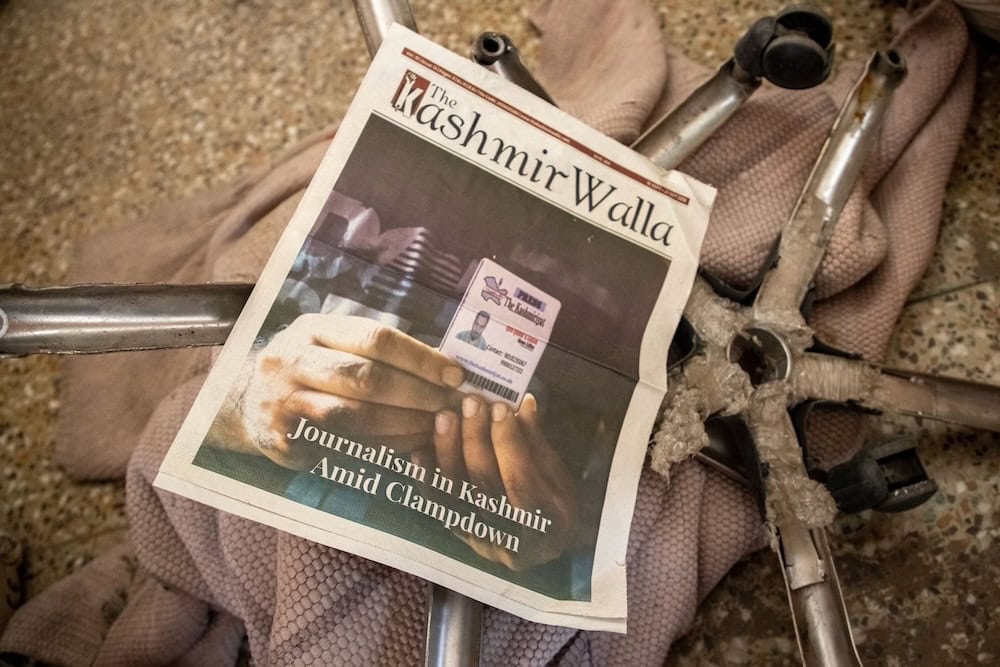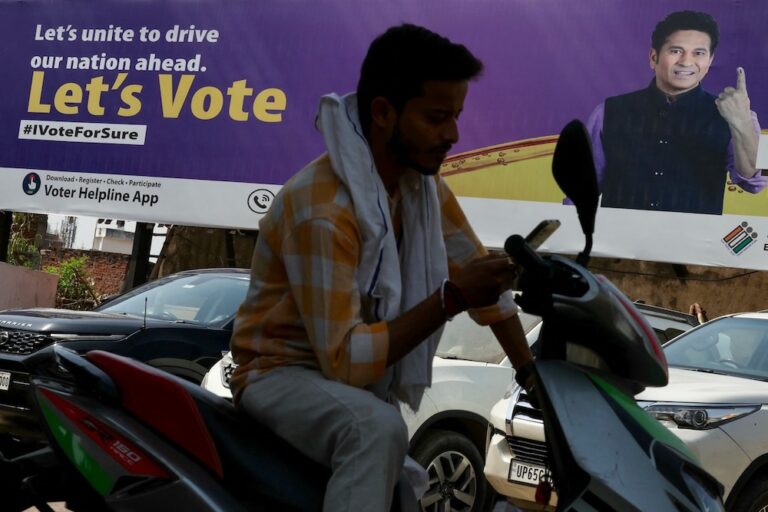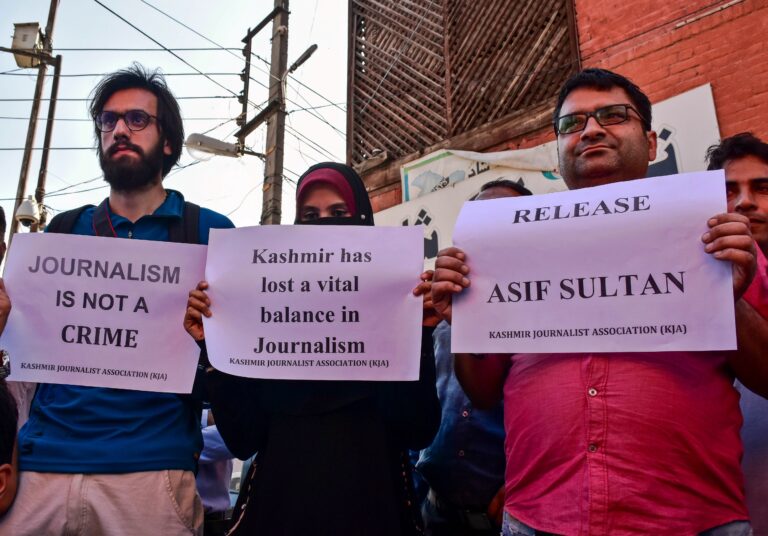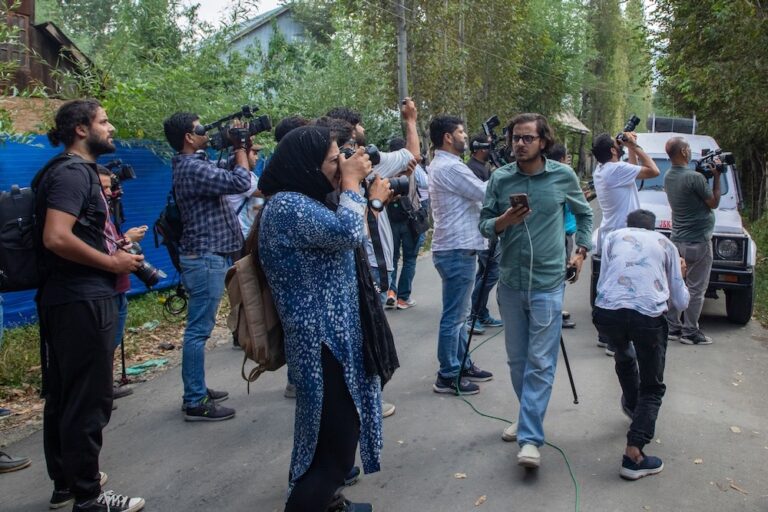The journalist was arrested in connection with a video he posted on X, showing women protesting the killing of a local militant leader.
This statement was originally published on cpj.org on 8 October 2024.
The Committee to Protect Journalists welcomes the release of Kashmiri journalist Sajad Gul on bail — after more than two years of arbitrary detention on multiple charges — and calls on authorities in the Indian-administered Jammu and Kashmir to immediately end all prosecution against him.
“The release of Kashmiri journalist Sajad Gul on bail is long overdue,” said CPJ Asia Program Coordinator Beh Lih Yi on Tuesday. “The collapse of press freedom in Kashmir in recent years is stark. With elections over, the newly elected local government must immediately free other Kashmiri journalists behind bars and allow the media to report freely without fear of reprisal.”
Gul, a trainee reporter with the now-banned news website, The Kashmir Walla, was granted bail July 8 by a court in the northern Bandipora district of Kashmir, the details of which have not been made public, according to sources who told CPJ on condition of anonymity, citing fear of reprisal. The bail was related to one of the three cases Gul faces, over charges of rioting, attempted murder, and actions prejudicial to national integration.
Gul was first arrested January 5, 2022, from his home in Bandipora in connection with a video he posted on X, showing women protesting the killing of a local militant leader, according to news reports. The journalist was detained under the Jammu and Kashmir Public Safety Act, which allows for a maximum two-year detention, before a Jammu and Kashmir High Court quashed his detention under the law in November 2023, stating that there was no concrete evidence or specific allegations proving his actions were prejudicial to the security of the state.
Prior to his July release, Gul was granted bail in two other cases in connection with the video, in which he faced charges of criminal conspiracy, assault or criminal force to deter a public servant from discharging their duty, and endangering life or personal safety, according to those sources.
Jammu and Kashmir voters went to the polls last month for the first time since India unilaterally revoked the region’s semi-autonomous status in 2019, which prompted a rapid decline in press freedom. An opposition alliance is set to form government after votes were counted on October 8.
Two more Kashmiri journalists – Irfan Mehraj and Majid Hyderi – remain behind bars.



